Join us in making a difference!
Contact us today to learn more about our methane emission reduction solutions and how we can support your ESG goals.
Learn why methane emissions matter and how you can benefit from using a continuous methane emissions monitoring solution such as Nubo Sphere.

The US Environmental Protection Agency's (EPA) methane emissions regulations represent a significant milestone in the nation's efforts to address climate change and promote environmental sustainability. These regulations impose strict requirements on oil and gas companies to monitor, report and reduce methane emissions across their operations. For oil and gas companies, compliance with the EPA regulations means implementing comprehensive methane emission control measures, such as using advanced monitoring technologies, conducting regular leak detection and repair activities, and implementing best practices for emissions management. Failure to comply can result in hefty fines, reputational damage and legal liabilities. Beyond regulatory obligations, however, addressing methane emissions presents an opportunity for oil and gas companies to demonstrate environmental leadership, improve operational efficiency, and build trust with stakeholders and communities. By proactively addressing methane emissions, companies can not only mitigate environmental impacts, but also drive long-term sustainability and resilience in the face of evolving regulatory landscapes and societal expectations.

The Canadian oil and gas industry faces significant pressure to address methane emissions, given the potent impact of methane on global warming. Recognizing the urgency of this issue, Canada has implemented a series of ambitious methane emission reduction goals, with targets set as high as a 75% reduction by 2030 compared to 2012 levels. To achieve these targets, Canada has rolled out a comprehensive Methane Strategy, bolstered by recent regulatory actions and initiatives. The strategy encompasses various measures, including enhanced oil and gas methane regulations, an Agricultural Methane Reduction Challenge, and a proposed framework to reduce methane emissions from landfills. Furthermore, Canada's commitment extends beyond domestic efforts, as evidenced by its participation in international initiatives like the Global Methane Pledge and the Global Methane Initiative. As Canada leads the charge in methane emission reduction, the oil and gas industry must adapt by embracing cleaner technologies and sustainable practices to drive meaningful progress toward a greener future.

The recent agreement reached by the European Parliament and EU members on a law to reduce methane emissions from the energy sector marks a pivotal moment for European oil and gas companies. Methane emissions, recognized as one of the largest contributors to global warming after CO2, have prompted the EU Parliament to target a 45% reduction by 2030. Such ambitious reductions are crucial for limiting global heating to 1.5 °C, as highlighted by the Intergovernmental Panel on Climate Change. While the law awaits adoption by the EU Council, its implications are significant. Upon enforcement, European oil and gas companies will face stringent reporting requirements, technological standards, and penalties for non-compliance. However, amidst these challenges lies an opportunity for innovation and adaptation.
Continuous monitoring provides valuable insights into asset performance and integrity, enabling companies to optimize operations, minimize downtime, and reduce maintenance costs.
Demonstrating a commitment to environmental responsibility can enhance a company's reputation and brand image, fostering trust among stakeholders and investors.
By identifying and addressing sources of methane leakage, companies can capture and monetize lost gas, turning a potential liability into a revenue stream.
With stringent regulations governing methane emissions, companies that proactively monitor and mitigate emissions can avoid costly fines and penalties.
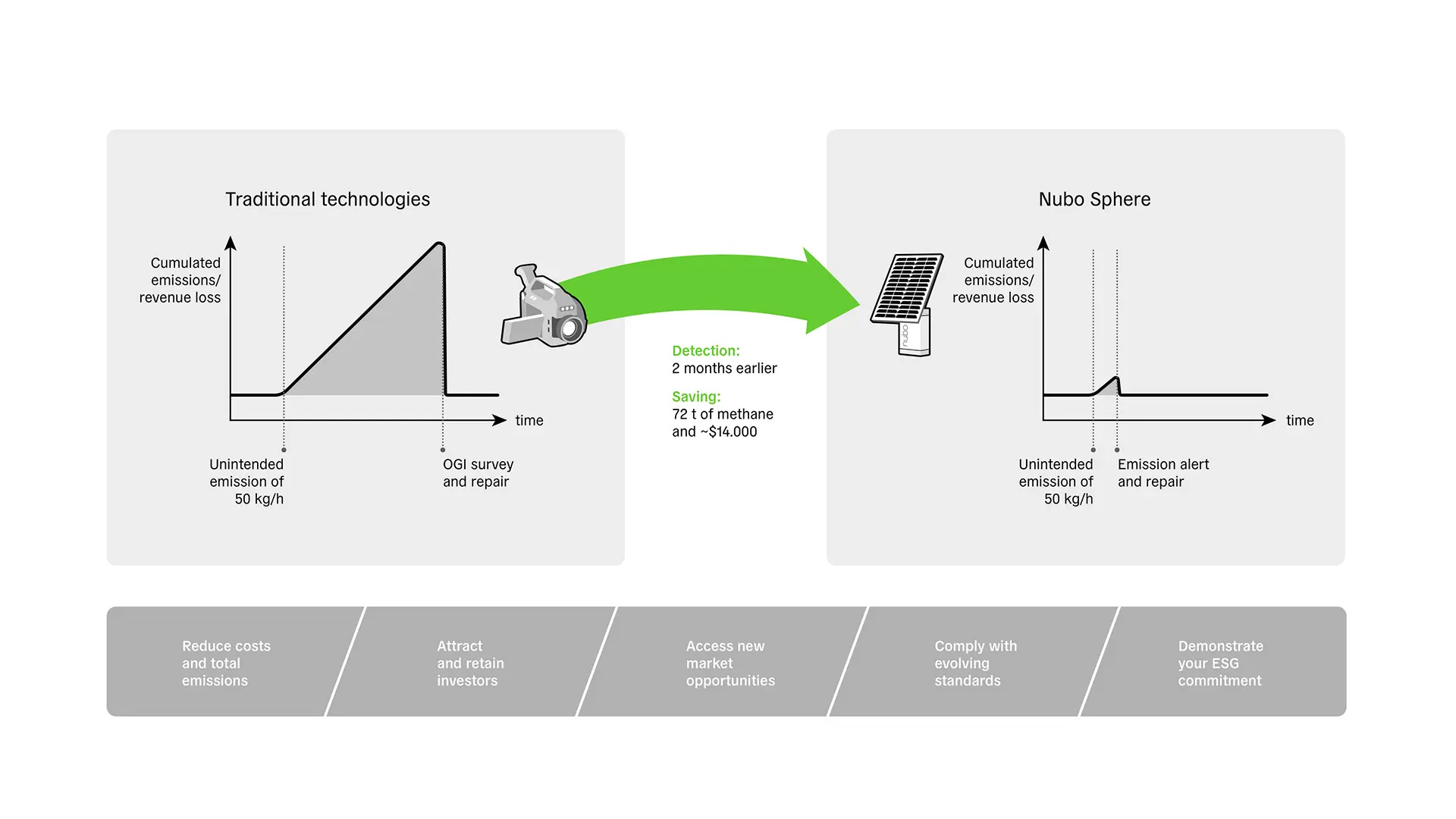
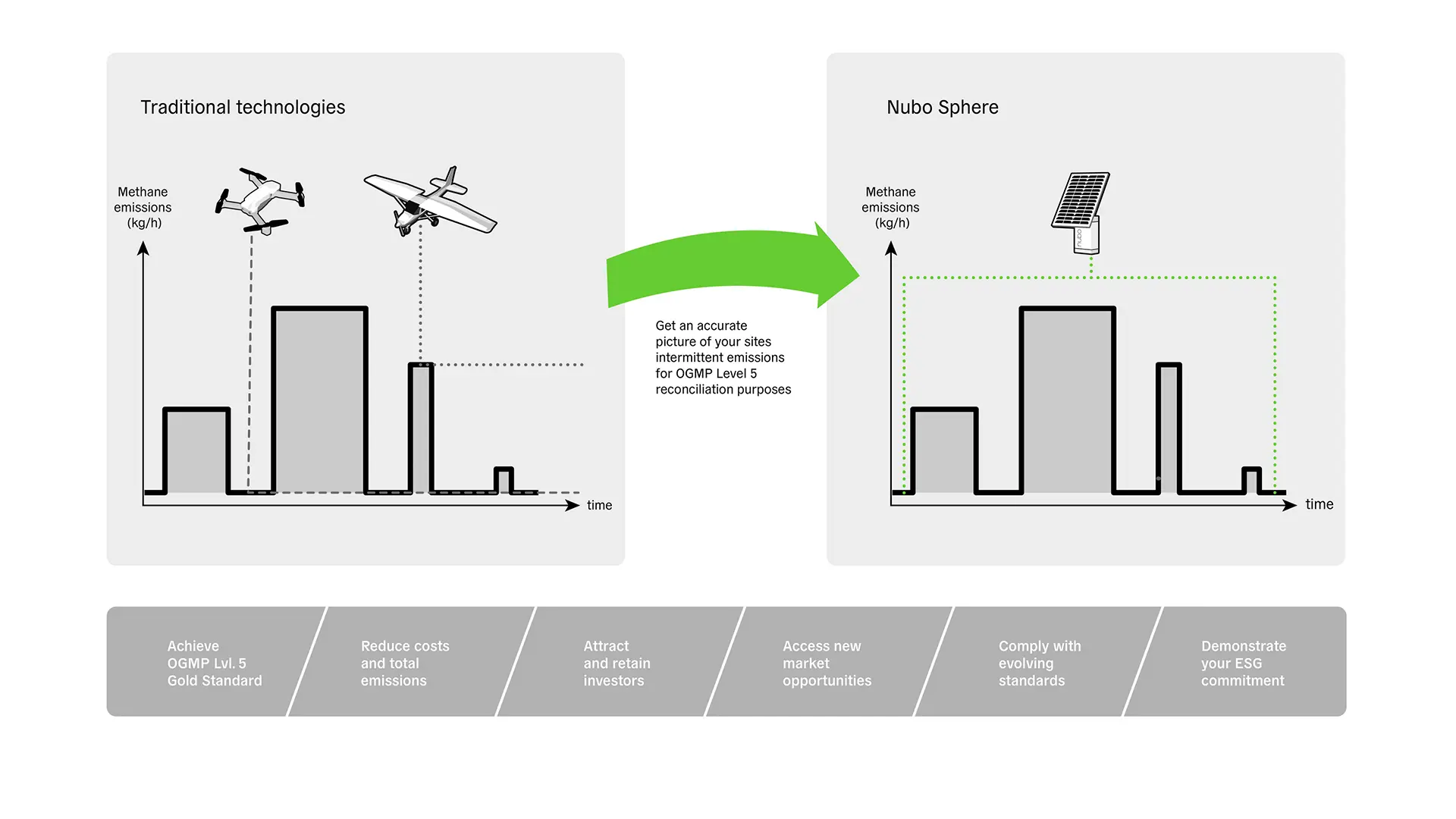
Agriculture
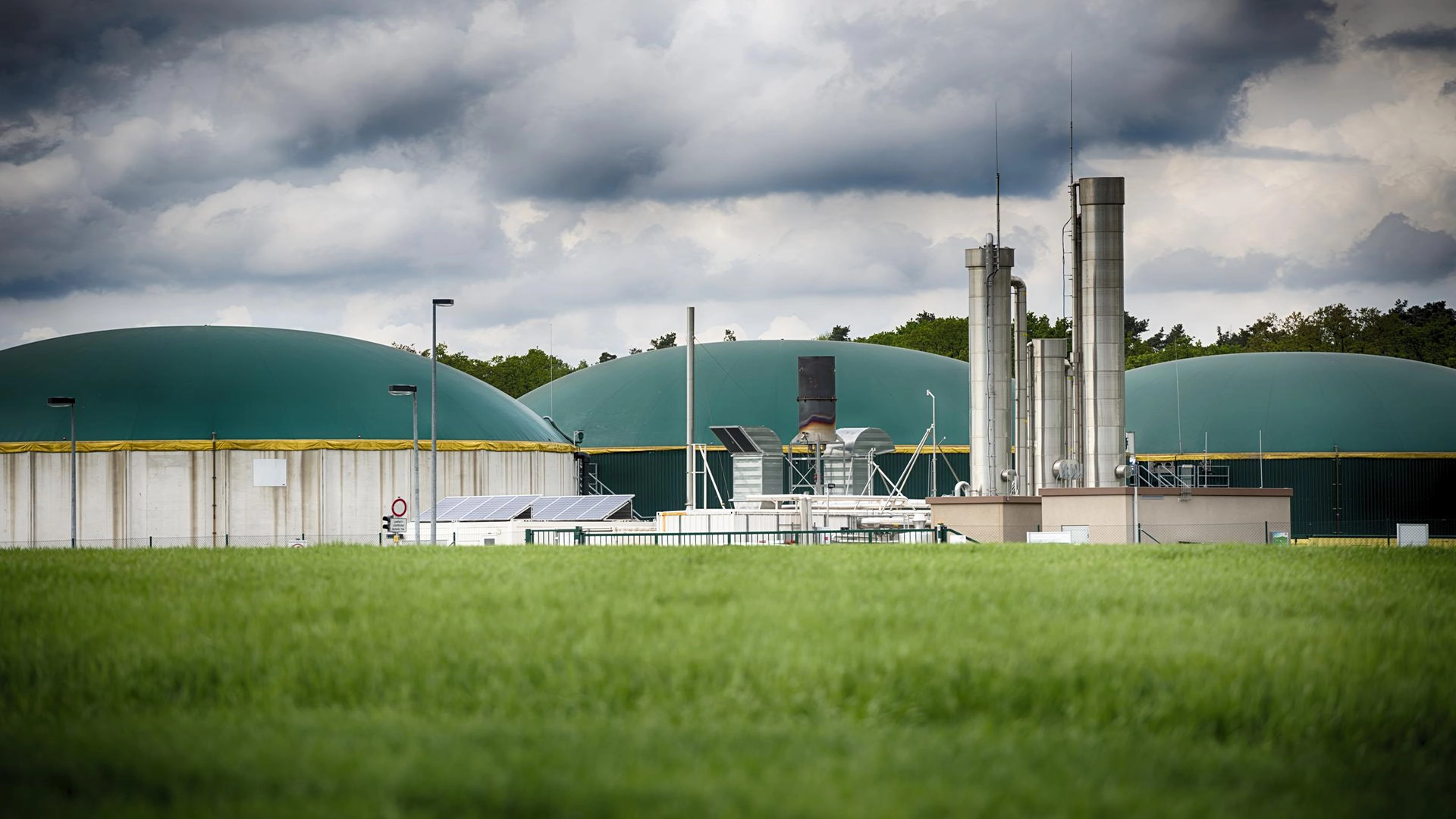
Mining
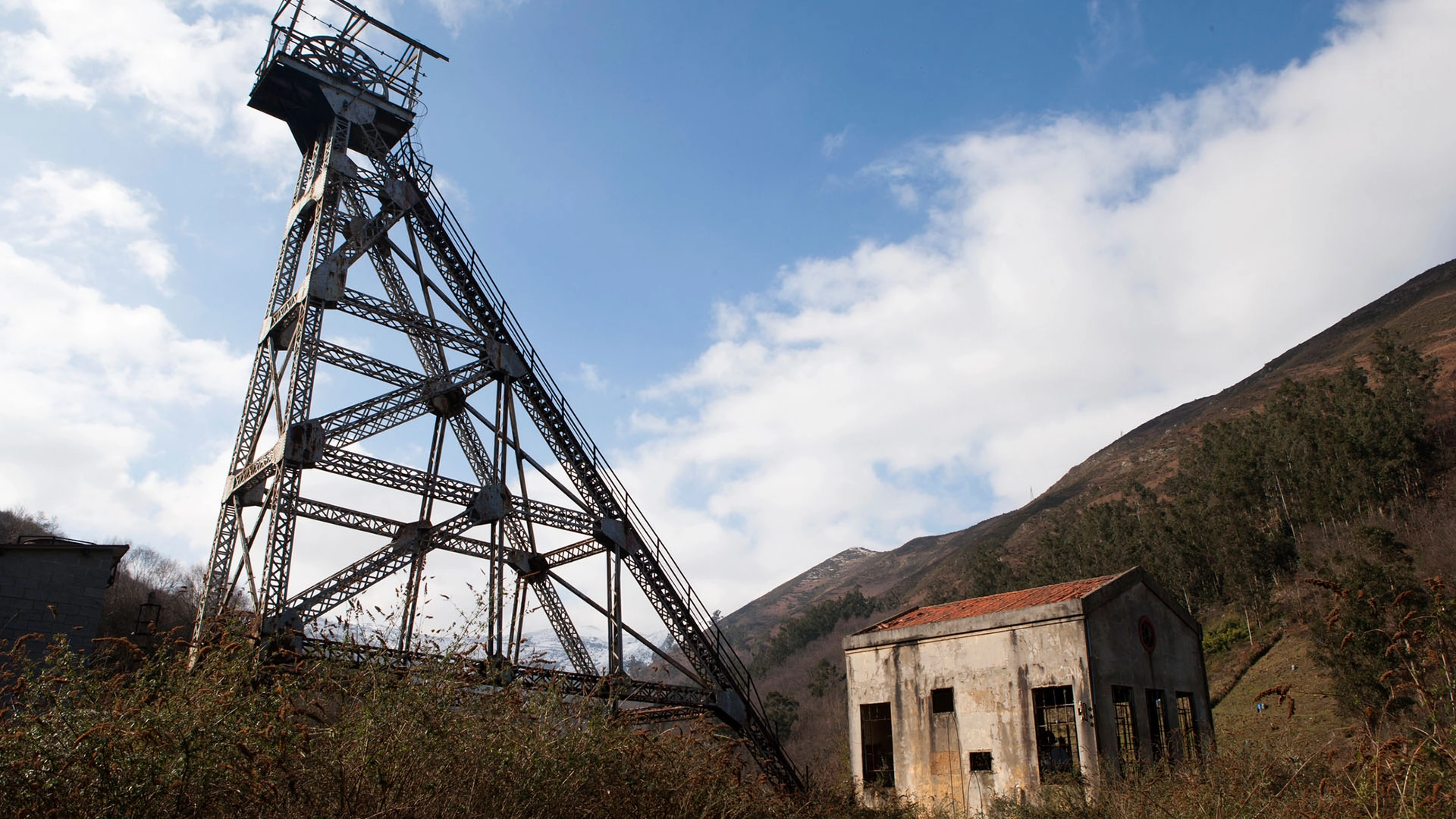
Landfill gas collection
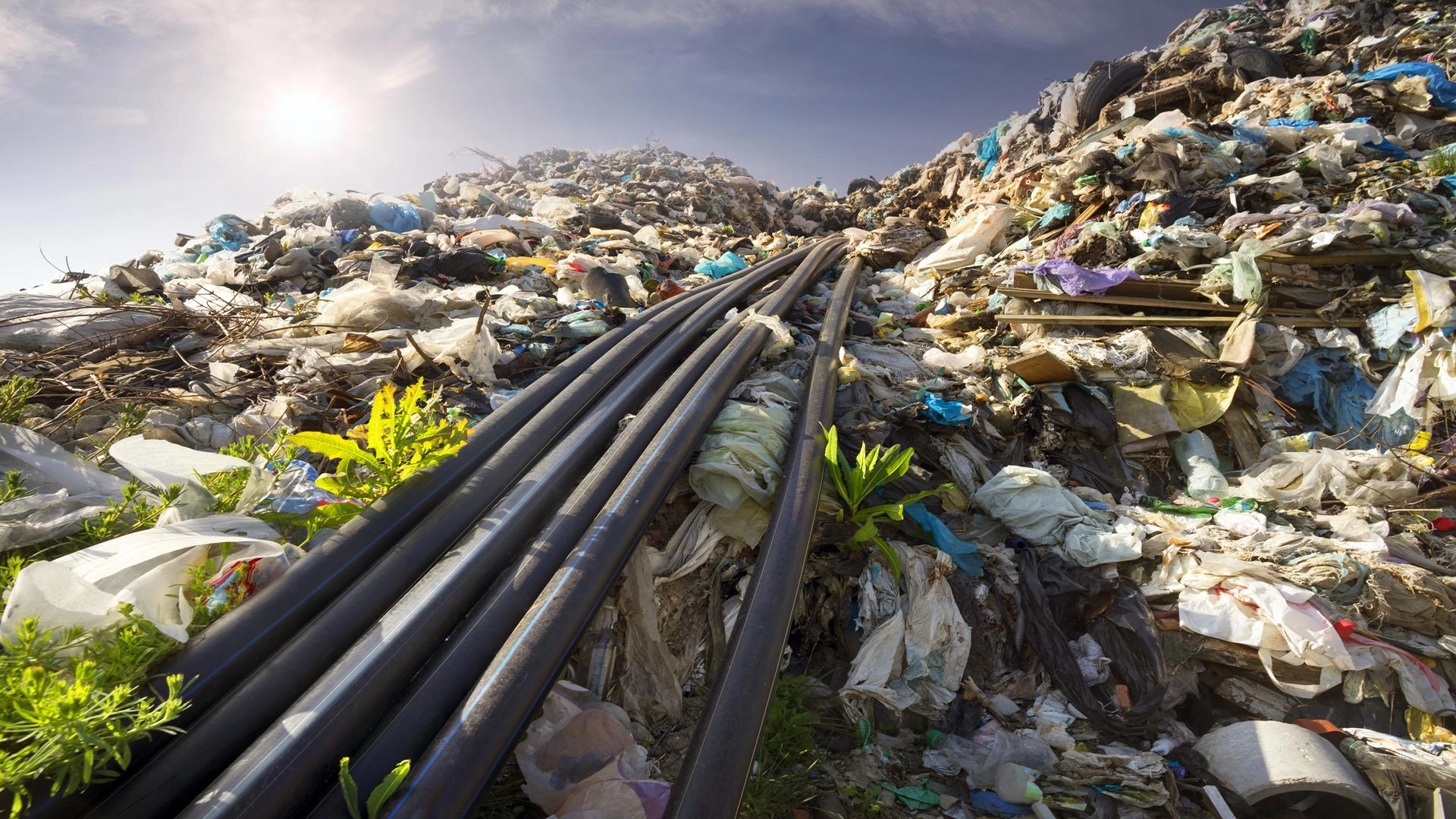
Wastewater treatment
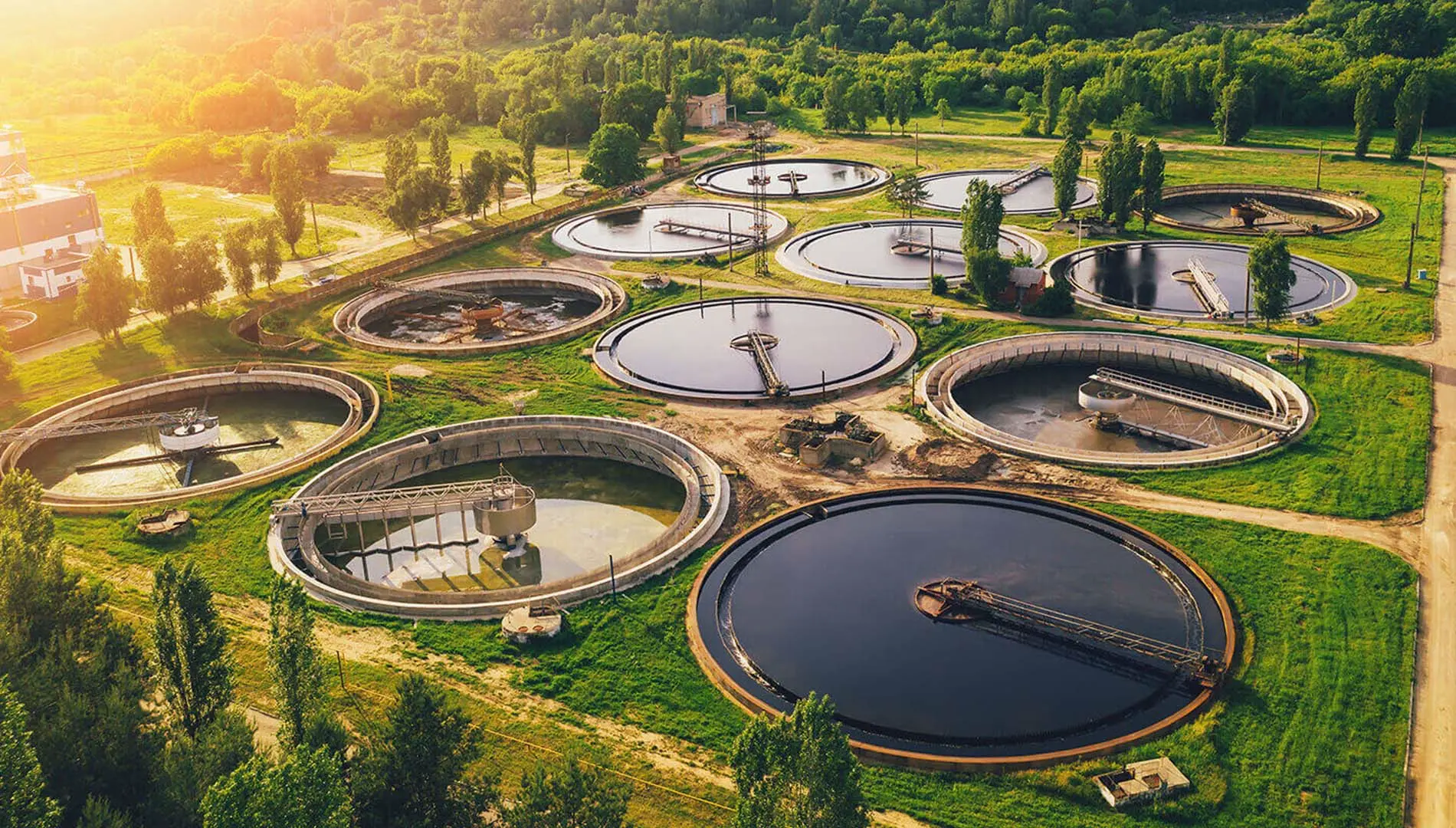
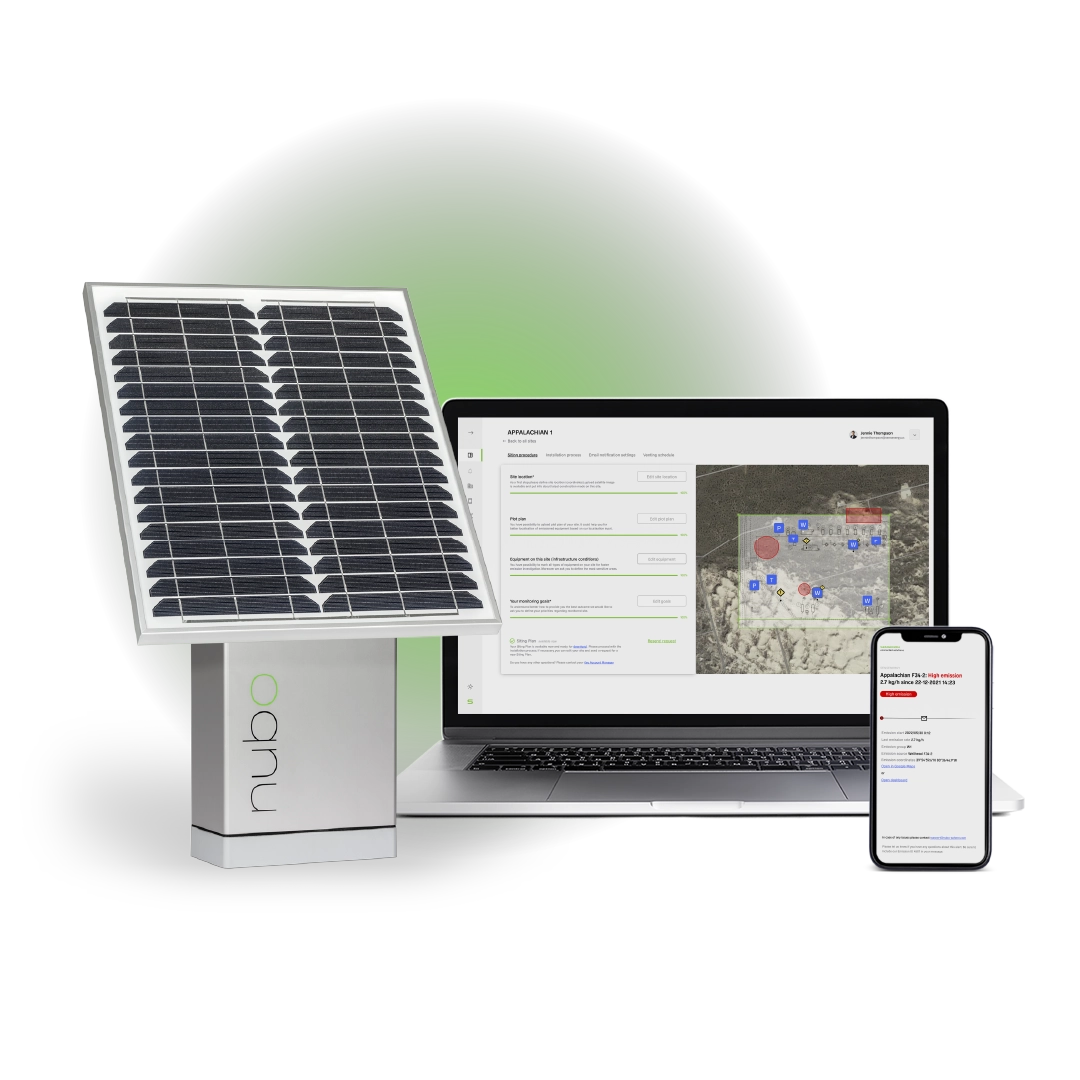
Contact us today to learn more about our methane emission reduction solutions and how we can support your ESG goals.


Contact us today to learn more about our methane emission reduction solutions and how we can support your ESG goals.